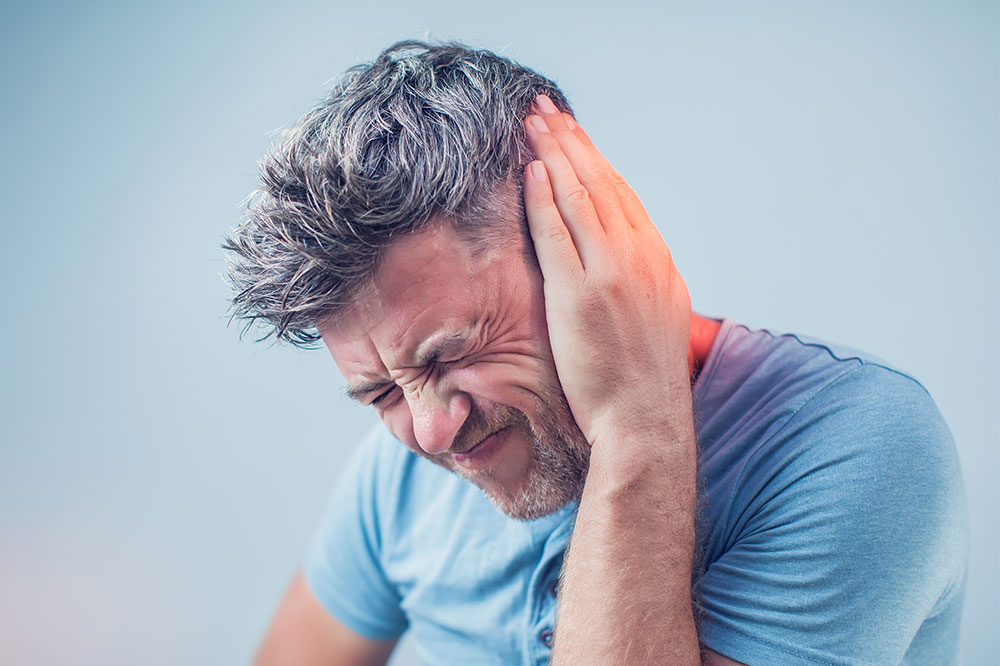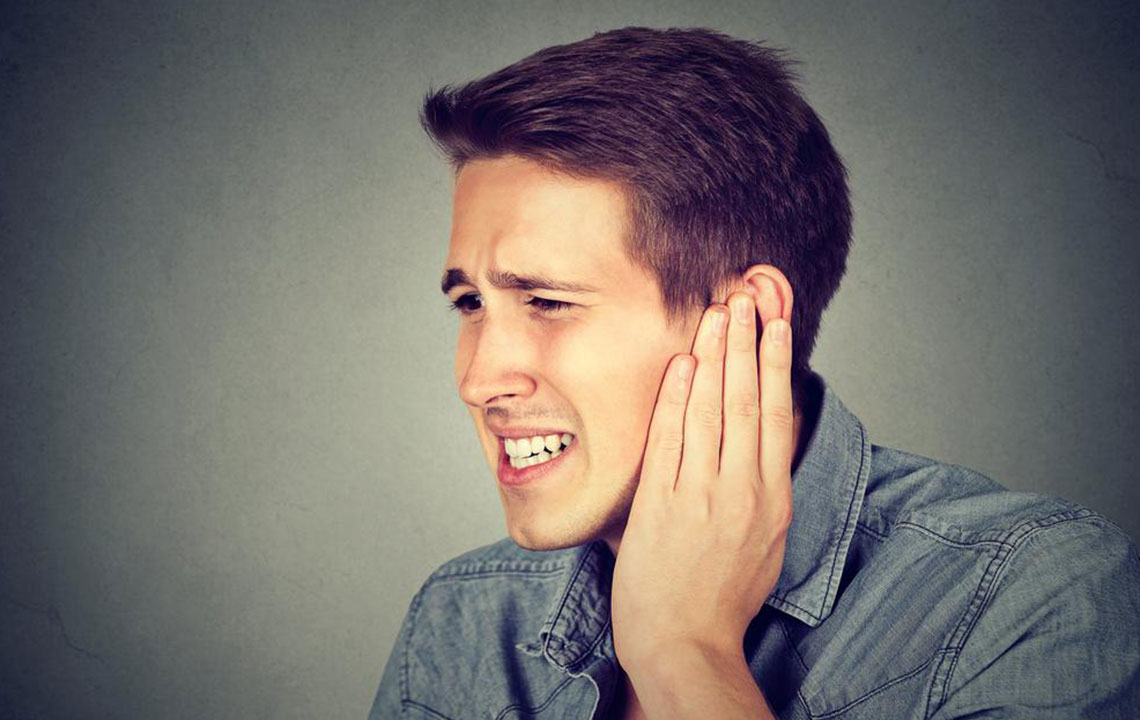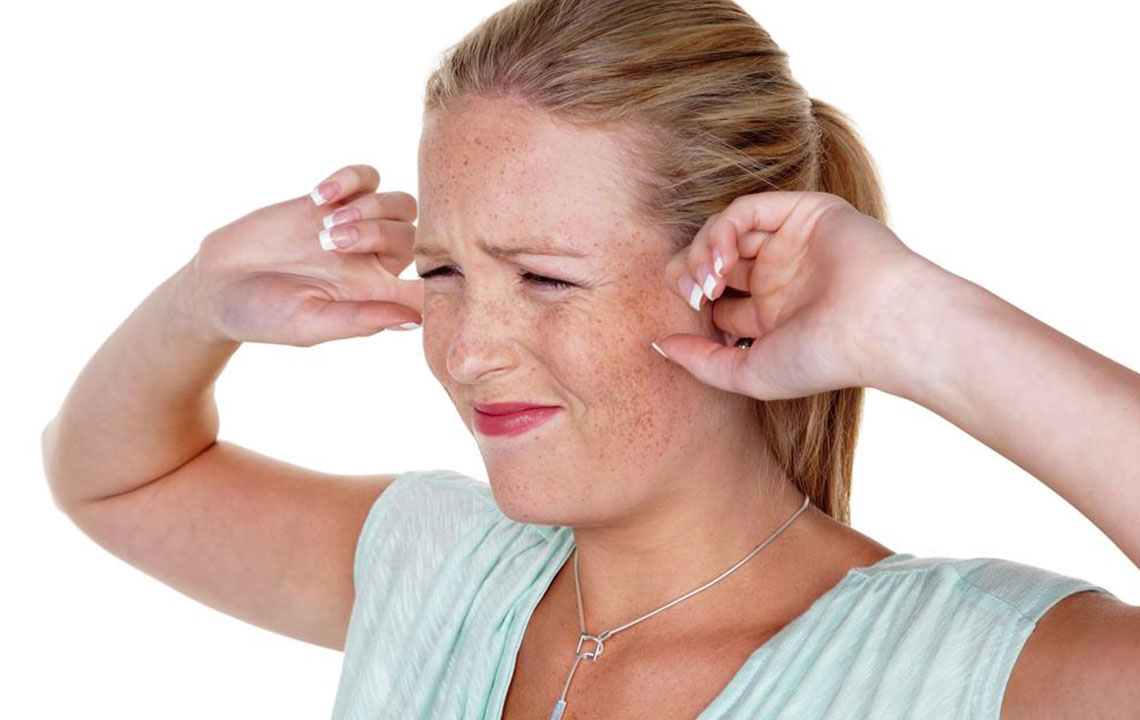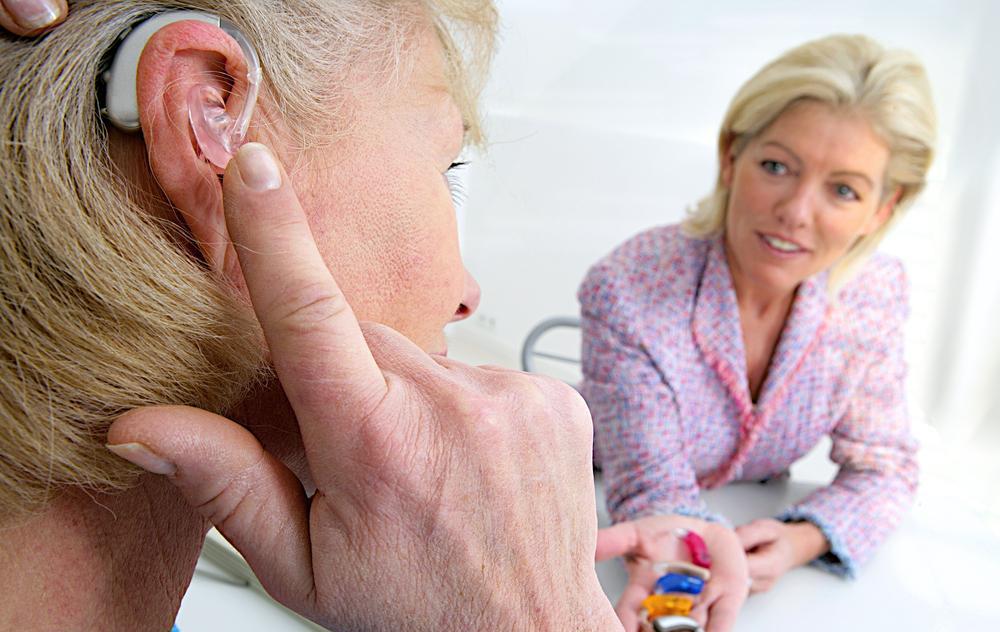Comprehensive Guide to Managing and Alleviating Tinnitus Symptoms Effectively
Discover comprehensive strategies to effectively manage and alleviate tinnitus symptoms. From medical treatments to lifestyle changes, learn how to cope with persistent ringing ears and improve quality of life with proven techniques and therapies.

Effective Strategies to Manage Tinnitus Symptoms
Tinnitus is a condition characterized by the perception of ringing, buzzing, or hissing sounds in the ears, which are not caused by external sources. Many individuals describe these noises as roaring, whistling, or hissing sounds that can significantly disrupt daily life and diminish overall hearing quality. While it’s a common condition affecting millions worldwide, tinnitus remains a complex issue with no universally recognized cure. Nevertheless, various therapies, management techniques, and lifestyle adjustments can help control the symptoms, minimize discomfort, and improve quality of life. Understanding the underlying causes and adopting a comprehensive approach are crucial in effectively managing this challenging condition.
In this detailed guide, we explore effective remedies, lifestyle modifications, and therapeutic interventions that can help alleviate tinnitus symptoms. We aim to provide insights into scientifically supported treatments and practical tips for those dealing with persistent ringing or buzzing in their ears.
Here are some proven approaches and strategies that may offer relief from tinnitus and support overall ear health:
Essential Care and Diagnostic Measures
Achieving accurate diagnosis through comprehensive audiological assessments, imaging studies, and lab tests is fundamental in identifying the root causes of tinnitus. Conditions such as earwax buildup, vascular irregularities, or inner ear damage can contribute to symptoms. Correctly diagnosing these factors allows for targeted treatment plans. Additionally, reviewing ongoing medications with healthcare providers is vital, as certain drugs may have side effects that induce or worsen tinnitus. Managing underlying health issues like blood flow abnormalities or infections can significantly reduce tinnitus severity, emphasizing the importance of early detection and appropriate medical intervention.
Pharmacologic Treatments and Medications
Although no cure exists for tinnitus, certain medications can help alleviate associated symptoms like anxiety, stress, and depression, which often intensify the perception of ringing sounds. Antidepressants, anti-anxiety medications, and certain tranquilizers may be prescribed to improve mental well-being. It’s crucial to work closely with healthcare professionals to evaluate the benefits versus potential side effects of medications. Short-term pharmaceutical interventions can complement other treatments, providing symptomatic relief and enabling patients to better cope with their condition.
Use of Hearing Aids and Sound Therapy Devices
Hearing aids are commonly recommended, especially for individuals experiencing concurrent hearing loss. Amplifying ambient sounds helps the brain process auditory information more efficiently and diminishes the prominence of tinnitus. For those without hearing impairments, sound masking devices or white noise generators offer a temporary solution by drowning out internal noises with soothing sounds. More advanced, customized sound therapy devices deliver specific sound patterns designed to retrain the brain’s response to tinnitus, often resulting in reduced perception over time. These therapies contribute significantly to overall symptom management and comfort.
Cognitive Behavioral Therapy and Psychological Support
Persistent tinnitus can lead to psychological challenges including stress, anxiety, and sleep disturbances. Cognitive Behavioral Therapy (CBT) is a proven approach that helps individuals develop coping strategies and reframe negative thoughts related to their condition. Tinnitus Retraining Therapy (TRT) combines sound therapy with counseling, aiming to desensitize the brain and lessen the emotional impact of tinnitus. Such therapies teach patients to ignore or habituate to the sounds, decreasing their psychological burden and reliance on medical treatments. Incorporating psychological support is crucial in a comprehensive tinnitus management plan.
Healthy Lifestyle Habits and Preventive Measures
Adopting healthy lifestyle practices can play a vital role in tinnitus management. Reducing caffeine and salt intake, quitting smoking, and avoiding excessive alcohol consumption support better blood circulation and help prevent exacerbation of symptoms. Regular exercise improves vascular health, while a balanced diet rich in vitamins and minerals supports ear health. Protecting ears from loud noises, such as during concerts or construction work, is essential for preventing further damage. Using ear protection and limiting exposure to noisy environments can preserve hearing and prevent tinnitus from worsening.
Stress Management and Mindfulness Practices
Stress and fatigue are common triggers that can heighten tinnitus perception. Popular relaxation techniques, including mindfulness-based stress reduction (MBSR), meditation, and deep breathing exercises, are effective in lowering stress levels. These practices empower individuals to better manage their reactions to tinnitus and reduce the distress associated with persistent ringing or buzzing. Incorporating daily relaxation routines can improve sleep quality, emotional resilience, and overall well-being, making it easier to cope with tinnitus symptoms over time.
In conclusion, managing tinnitus involves a multi-faceted approach that combines medical, psychological, and lifestyle strategies. While a definitive cure remains elusive, individuals can significantly improve their quality of life through proper diagnosis, targeted therapies, and self-care practices. Staying informed about the latest treatment options and adopting preventive measures can help reduce the impact of tinnitus and restore a sense of normalcy to daily activities.





